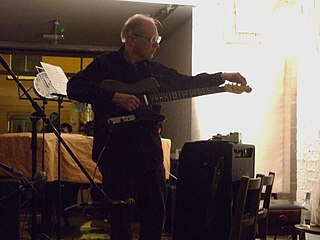A Quote by Cressida Cowell
Books were despised by the Viking Tribes, as they were seen as a horrible civilizing influence and a threat to the barbarian culture.
Related Quotes
Viking women, if they were left behind, were ruling their town. They were earls in their own right; they owned land in their own right. They could divorce their husbands if they wanted to. All of those wonderful allowances that were made for women in the Viking culture weren't really part of the Christian culture at the time.
One was a horrible case called Oliphant v. Suquamish Indian Tribe which denied tribes the right to criminally prosecute non-Indians who commit crimes on their reservations. That decision has had horrible consequences for law enforcement on Indian reservations. But in that opinion Justice William Rehnquist cites language from the 1830s to explain why whites didn't trust tribes to exercise criminal jurisdiction. They were savages.
While the Pilgrims landed on 'Plymouth Rock' in 1620, the Spanish had already settled in to the Southwest beginning in the late 1500s, and with the coming of Europeans, some tribes suffered massive declines in populations due to disease and violence. Some Tribes were wiped out by 90 percent, while others were completely decimated.
Suppose we were (as we might be) an influence, an idea, a thing intangible, invulnerable, without front or back, drifting about like a gas? Armies were like plants, immobile, firm-rooted, nourished through long stems to the head. We might be a vapour, blowing where we listed Ours should be a war of detachment. We were to contain the enemy by the silent threat of a vast, unknown desert
I can't really speak to what it was like to call yourself a feminist in the past on a personal level but I think calling oneself a feminist in the past may have been inimical because feminists in the '70s were the first to really challenge deeply embedded gender roles and demand concrete political and economic rights. They were asking for rights that seemed like a direct threat to those in power - they were asking for equality in a society that didn't have it in an obvious way. They were put down and villainized because they were seen as threatening.
The information that was contained in a cathedral was based upon a common culture - a common Christian culture - and the elements were chosen for a common symbolic meaning. Someone who knew everything that was represented in a cathedral had a sort of encyclopedia - you can indeed call it that - but it was a selective encyclopedia, like encyclopedias back when they were books and the people writing them were supposed to be specialists in their field. I think today the problem is that people don't know how to choose between different kinds of information.

































